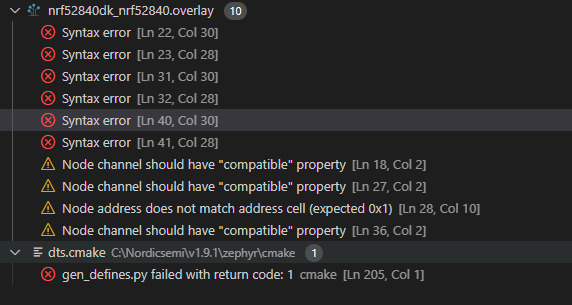Hello everyone!
I'm trying to read 4 channels of ADC, and for future production, I'd have to read all 8.
There is two channels example, yet it isn't scalable. I'm thinking about building a dynamic setup based on the example, but it doesn't go so well due to the limits of specific macros in the given example code.



